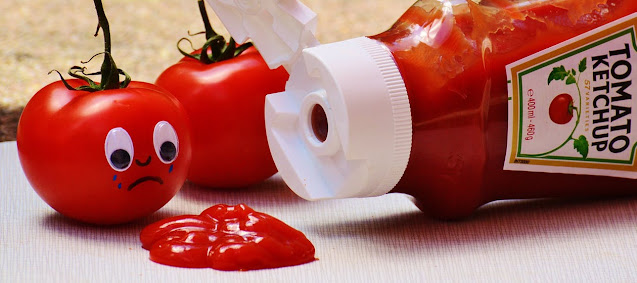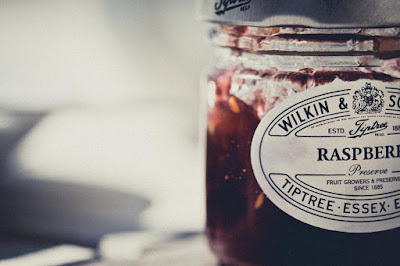How To Keep Your Food FULL of Antioxidants
According to an Iowa State University study, the average potato travels a whole year and an average of 1,300 miles before it reaches your plate. By the time you eat the potato, 60% of its Vitamin C is depleted. The freshest potatoes are found at your local Farmers Market. Avoid storing potatoes in the refrigerator, but make sure they're stored in a cool, dry, and dark place.
Lycopene, a cholesterol-fighting antioxidant that can lower dangerous C-reactive proteins, is found in ketchup, tomato sauce, and juice but is zapped in half once opened and stored in the refrigerator for three months. Try to buy smaller containers that will last a month or less, and only keep them in the fridge once opened.
Store fruit jams in the refrigerator immediately after buying them, even before opening them. Fruit Jams contain potent antioxidants called Anthocyanins that can fight off diseases such as Alzheimer's. The levels of this powerful antioxidant decrease by 50% when stored at room temperature versus in the fridge.
Chili's contain capsaicin, a fat-burning compound that jumps starts your metabolism. Capsaicin is cut by more than 35% when dried and crushed into powder. Try using fresh chiles as much as possible or if you must have dried chili, look for a powder stored in glass; they seal better against oxygen.
Around six months after olives get picked, pressed, and turned into olive oil, their artery-clearing fatty acids and phenolic acids drop by 40%. Holding on to olive oil for longer than six months depletes its benefits even more. If you hold onto it for 20 months or more, you'll lose up to 73% of them. To avoid oxidation, buy olive oil in small, dark-tinted glass bottles and store them in a dark space with a temperature around 68 and 77 degrees Fahrenheit.







No comments: